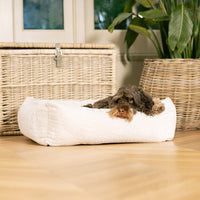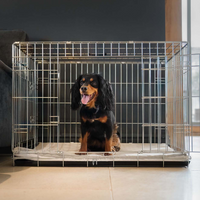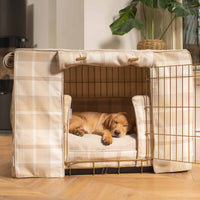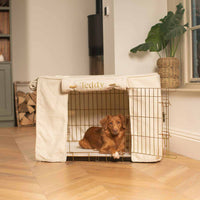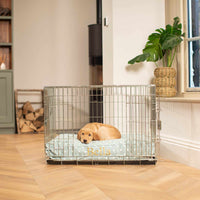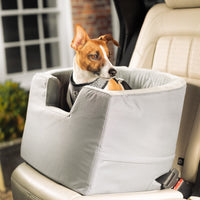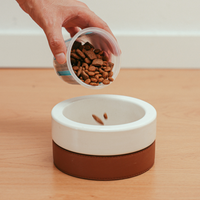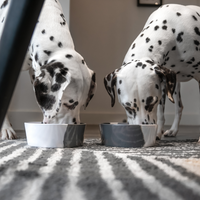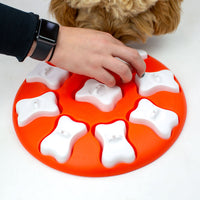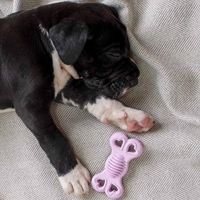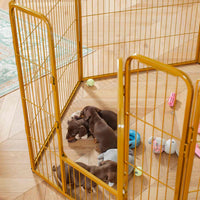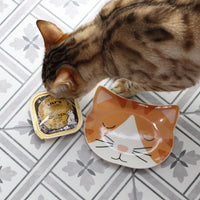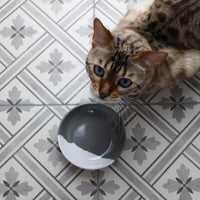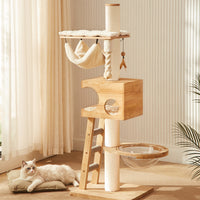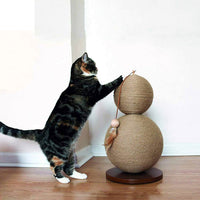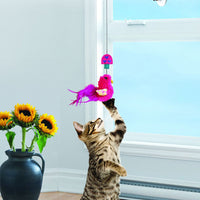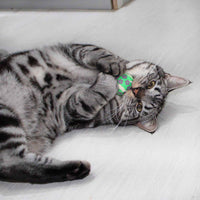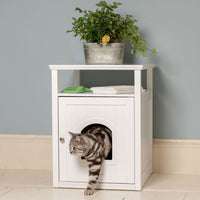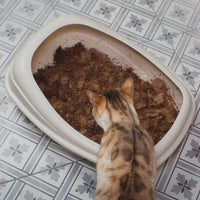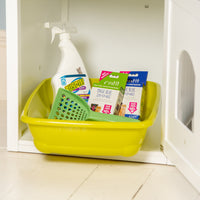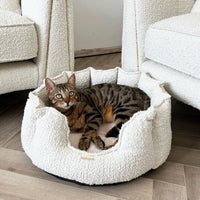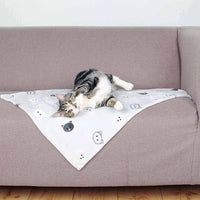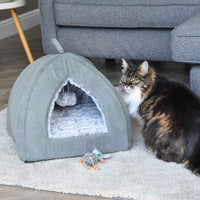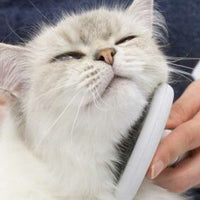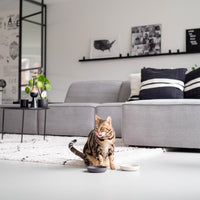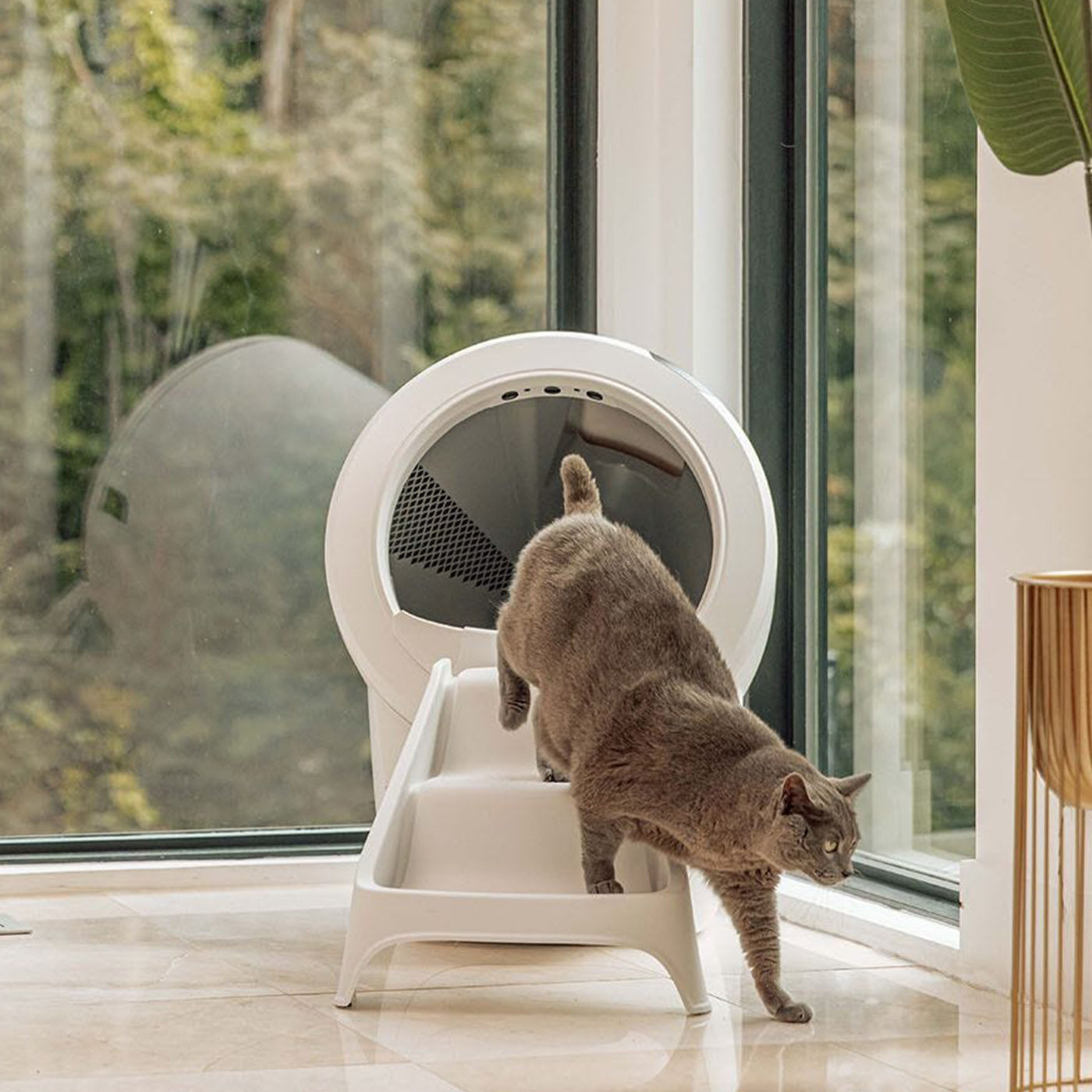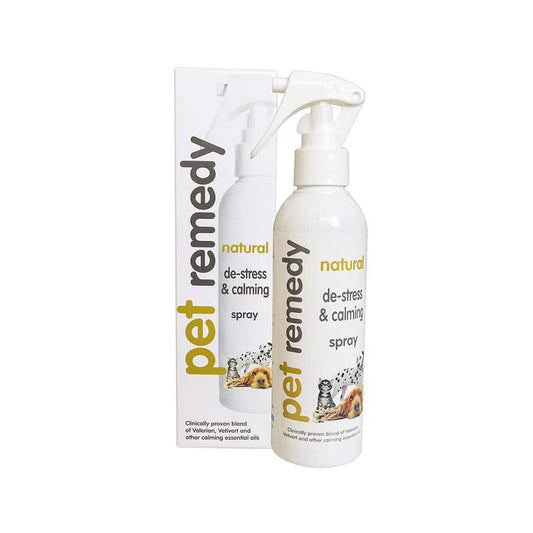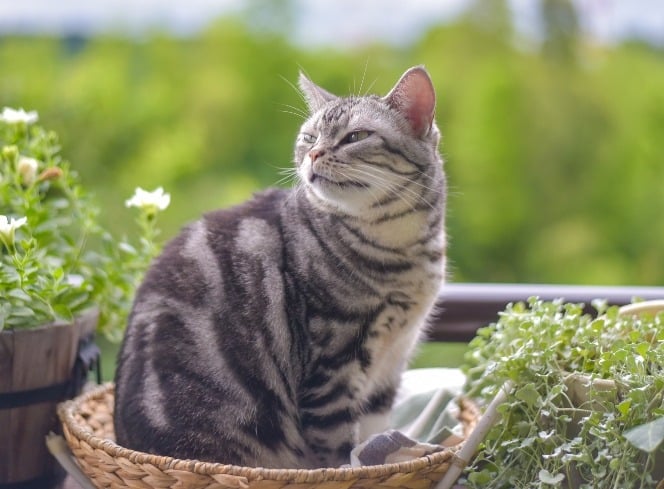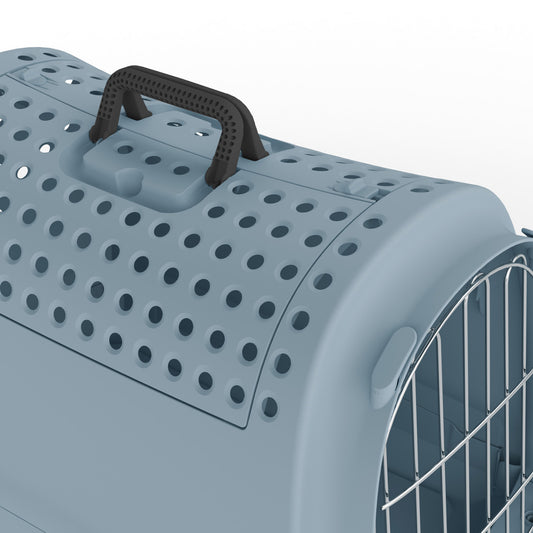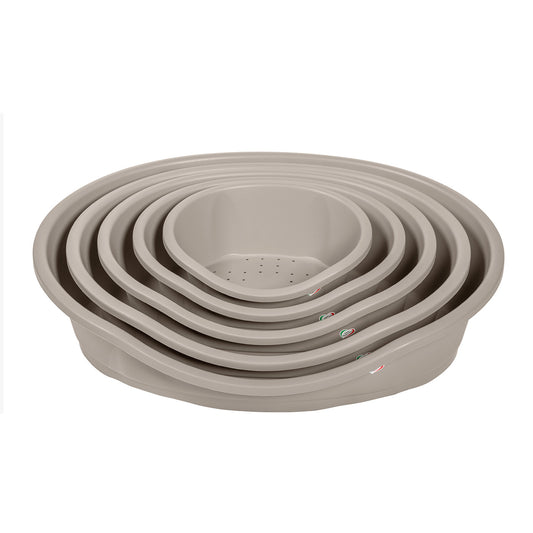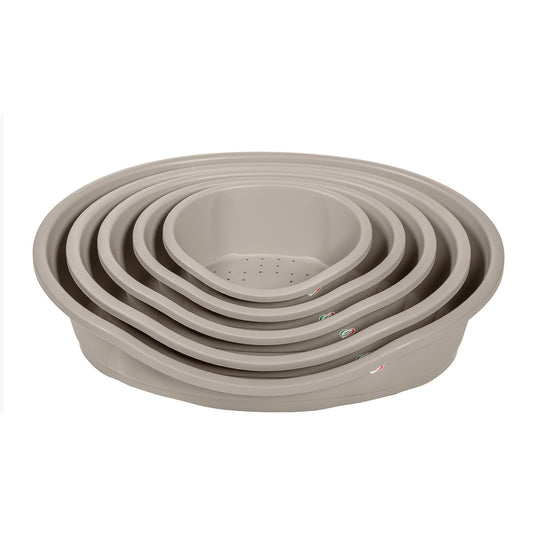Typically a condition more associated with dogs, it may come as a surprise that separation anxiety and other stress-related mental health concerns can also affect cats. Indeed, while cats are often characterised as independent animals that enjoy their own company, the fact is many felines thrive on routine. When these routines are changed - for example, if you have recently returned to the office following a period of lockdown in which you’ve worked from home - they can become confused, stressed and upset.
With this in mind, in this blog we take a closer look at separation anxiety in cats, focusing specifically on how it manifests itself and how you can prevent it - including the use of cat calming products and toys - if you think your furry friend is already suffering with this type of anxiety.
Can cats have separation anxiety?
Yes - just like dogs, and a range of other domesticated animals, cats can suffer with separation anxiety. Although cats are typically very independent animals, if, as an owner, you go from spending a lot of time in their company to having to leave them alone for longer than usual periods of time, your cat can become confused and stressed.
This is because, when you spend a lot of time with your four legged friend, they may become more used to having you around and become attached to you. When life then returns to normal, and your cat is made to spend more time living independently, this sudden increase in separation can be disorientating for your cat, leading to anxiety, stress and even depression. In turn, these mental health issues can lead to more serious issues such as cowering, hissing, fleeing, toileting issues and appetite disorders.
How to know if your cat has separation anxiety
While it’s true that every cat has a different personality and may therefore express feelings of stress, discomfort and anxiety in their own unique ways, there are a number of common signs of feline separation anxiety you should watch out for. These signs include:
-
Excessive meowing, screaming, crying or moaning - especially just before you are about to leave the house
-
Refusing to eat or, conversely, eating their meals excessively quickly
-
Regression when it comes to using the litter box
-
Excessive or obsessive self-grooming
-
Destructive behaviour - especially when you are not in the house with them
-
Signs that your cat has tried to escape when left alone
-
Vomiting or spitting up hairballs regularly when left alone
-
Over-the-top excitement (that is out of the ordinary) when you return home.
How to prevent separation anxiety in cats
Although separation anxiety is relatively rare in cats, being aware of this potential problem and knowing how to prevent it is important for all cat owners. This can be done in a number of ways. While the processes discussed below will be most effective if you are able to start putting them into practice with your cat/kitten from a young age, these methods can also be used with older cats, including those that have been rescued and adopted.
-
Give your cat things to keep them stimulated - while you are at home with your cat, allowing them to play with as many different toys and cat stimulation tools as possible is a great way to encourage them to exhibit their natural feline behaviours. The more they play independently when you are with them, the more likely they are to do the same when they are alone. From wind-up mice and cat trees to scratching posts and interactive toys, there are so many creative tools to help keep your cat busy. Additionally, the simple act of leaving the radio or TV on when you’re out can also help keep your cat feeling stimulated and relaxed.
-
Set up tasks - cats are clever animals who possess brains that need stimulation with new challenges. For this reason, setting up tasks and challenges for them to complete while you are out of the house can be a great way to keep them busy. Hide treats around the home for them to find while you’re out or give them their daily meals in feeder puzzle toys, for example.
-
Use calming products - for some cats, pheromone releasing plug-ins and cat calming sprays can be a great way to keep them feeling calm and content while you are away. Simply switch your plug-in on and/or spray the area in which your cat spends most of their time with a calming spray just before you leave the home.
-
Allow your cat outside where possible - although this is not always an option, for those owners who do operate an ‘outdoor policy’, letting your cat outside when you are out can be a great way to prevent anxiety. This is because, when outside, cats can express their natural behaviours unrestricted by four walls. This can also ensure they get their daily exercise which can also relieve feelings of stress - just like with humans!
By following tips like these, you could help to reduce separation anxiety in your cat and create an all-round happier household.


